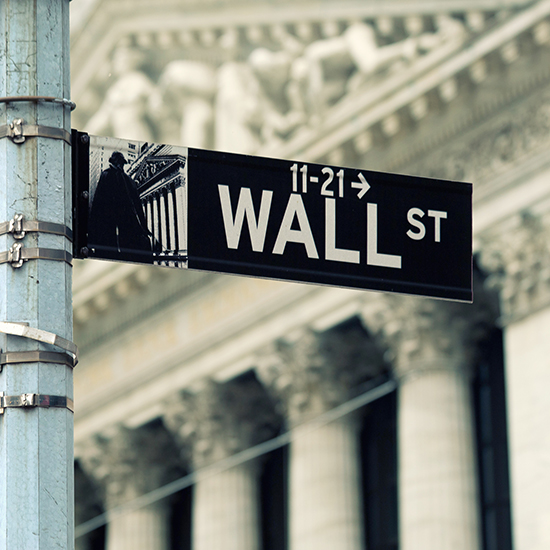Apple’s Falling Stock Price Causes Further Damage to Reverse Convertible Notes Linked to Apple
Reverse convertible notes linked to Apple stock have been popular investment products in recent years because they appear to provide above-average yields and resemble corporate bonds. As noted in previous posts though, reverse convertible notes (RCNs) are complex derivative investments that are rarely suitable for retail investors.
To the average investor, RCNs resemble short-term corporate bonds issued by well-known companies, such as Apple. In reality, RCNs are issued by investment banks and involve undisclosed complex options transactions. The options are linked to the stock price of well-known companies (i.e. Apple). During the initial payout phase (i.e. typically 3-12 months) investors receive above-average yields. The catch is that if during that payout phase the stock price of the linked company drops below a predetermined price, investors do not receive their principal back upon maturity. Instead, investors receive shares of stock in the linked company at a depressed price per share. In recent months with Apple’s stock falling in value this is precisely what has happened. To make matters worse, the products pay above-average commissions to a sales force who by in large are only knowledgeable about the sales points, not the intricate risks.
On December 14, 2012, Kevin Dugan of Bloomberg wrote that more than $241 million of structured notes tied to Apple were in danger after the stock’s value drooped 27% because Apple eroded its built-in cushions that protected investors. In total, banks issued $1.66 billion of these notes, making Apple the most popular underlying company in such high commission structured products.
“There is fear in the market that Apple has peaked.” Its share price is down more than 30% off its September high. This spells trouble for investors of reverse convertible notes linked to Apple stock because they now will likely receive Apple stock at a depressed price per share.








